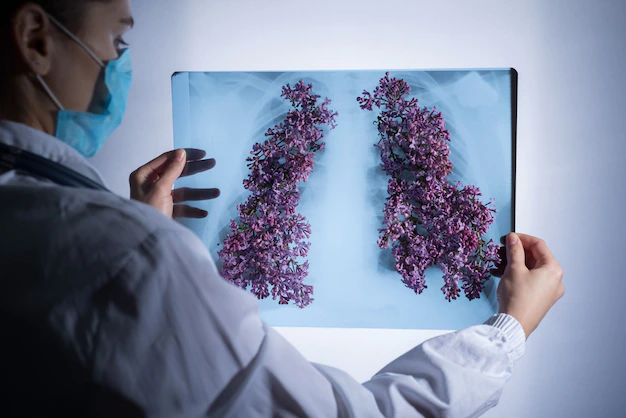Lung Cancer Screening

Lung cancer is a serious health problem that is responsible for a significant number of deaths each year. However, early detection and treatment can greatly improve survival rates. Here are some important things to know about lung cancer screening:
- Who should be screened: Lung cancer screening is recommended for individuals who are at high risk for developing lung cancer, including those who have a history of heavy smoking, are over the age of 55, and have a history of lung disease or other risk factors.
- How it works: Lung cancer screening is typically done using a low-dose CT scan, which produces detailed images of the lungs that can detect early signs of cancer.
- Benefits: Early detection of lung cancer can greatly improve treatment outcomes and survival rates. Screening can also detect other lung problems, such as emphysema and chronic bronchitis, which can be treated early.
- Risks: While the radiation exposure from a low-dose CT scan is low, it can still increase the risk of cancer over time. False positives can also occur, which can lead to unnecessary tests and anxiety.
- Follow-up: If a suspicious area is detected during a lung cancer screening, additional tests may be needed to determine if cancer is present. If cancer is detected, treatment options will be discussed with the patient.
- Insurance coverage: Medicare and many private insurance plans cover lung cancer screening for individuals who meet the high-risk criteria.
In conclusion, lung cancer screening can be an important tool for detecting lung cancer early and improving treatment outcomes. Individuals who are at high risk for developing lung cancer should talk to their doctor about whether screening is right for them.
